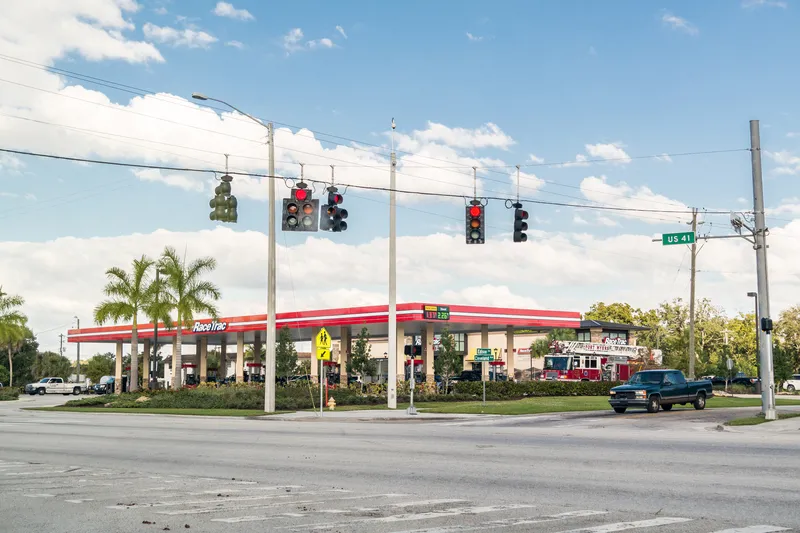Q-Free’s Australian subsidiary, Q-Free Australia, has been awarded an order valued at US$2.9 million for on board units (OBU) by the Roads and Maritime Services (RMS) in Australia. Q-Free Australia, based in Sydney, is a wholly-owned subsidiary of Q-Free ASA, operating in Australia for over ten years to implement and deliver new road user charging projects and to manage the ongoing service, maintenance and upgrade activities of existing installations. Q-Free Australia has been working with Roads and Maritim
April 24, 2013
Read time: 2 mins

Q-Free Australia, based in Sydney, is a wholly-owned subsidiary of Q-Free ASA, operating in Australia for over ten years to implement and deliver new road user charging projects and to manage the ongoing service, maintenance and upgrade activities of existing installations.
Q-Free Australia has been working with Roads and Maritime Services (RMS) since 2000 with the implementation of the Sydney Harbour Bridge tolling system. This new order from RMS is for Q-Free’s new OBU610.
The OBU610 is a fourth-generation transponder from Q-Free and supports all applications available under CEN 5.8 GHz DSRC for automatic registration, identification and vehicle fee collection. Combining almost thirty years of experience and proven technology, the OBU610 is a fully integrated solution designed to meet the market demand for a non-intrusive device to fit perfectly into any vehicle interior.










